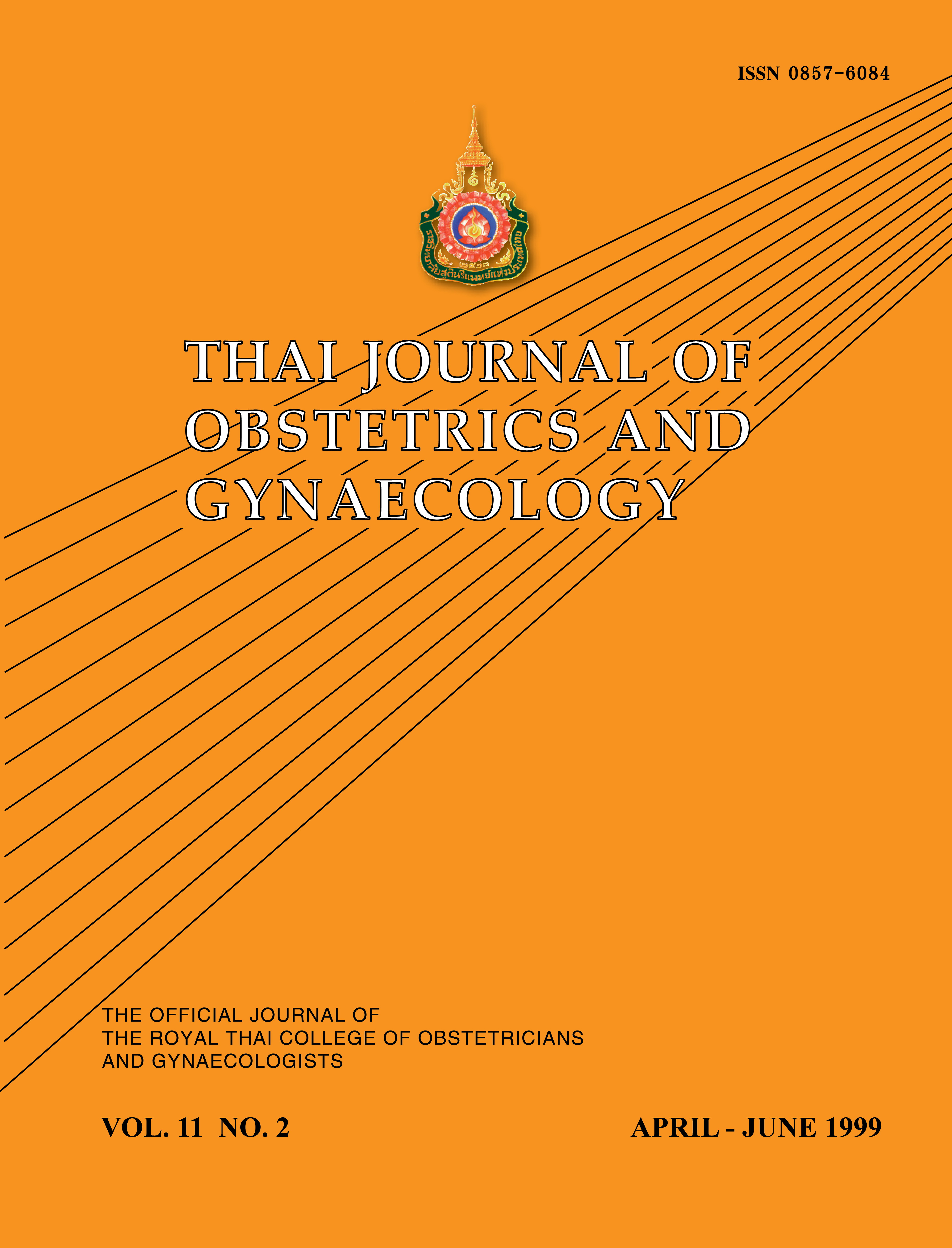Revision of the Declaration of Helsinki
Main Article Content
Abstract
It is increasingly important that a research involving human subjects or animals should have an evidence of ethical approval from the institution where the research has undertaken before submitting for publication in a scientific or medical journal. Undoubtedly this practice will become a compulsory for many reputable journals in the future.
The Declaration of Helsinki, which was first adopted by the 18th World Medical Assemble at Helsinki, Finland 1964, has been the principle guideline for medical researchers in biochemical research involving human subjects. Several amendments have been made since the first Declaration in 1964. Recently the need to revise the Declaration of Helsinki has been launched (published in New England Journal of Medicine, August 12, 1999 Vol.341, No.7) because it is defective in two respects: firstly it relies on a distinction between therapeutic and non-therapeutic research and secondly it includes several provisions that are seriously out of touch with contemporary ethical thinking. However the opposition to the proposed revision to the Declaration of Helsinki argues that, if the revision is accepted, it will weaken the principle of the researcher's moral commitment to the research subjects and provide diminished protection of the rights of the research subjects. In addition it will probably result in substantial changes in the international research enterprise (The New England Journal of Medicine, August 12, 1999, vol.341 No.7).
For benefit of the readers of Thai Journal of Obstetrics and Gynaecology, the Editorial committee takes this oppor tunity in publishing the Declaration of Helsinki, at the 48th World Medical Assemble, Republic of South Africa, October 1996.
However currently these is some movement to revise the present Declaration. Whether there will be substantial amendments of the latest Declaration of Helsinki in the near future or not, our readers will definitly be informed.
Article Details

This work is licensed under a Creative Commons Attribution-NonCommercial-NoDerivatives 4.0 International License.


